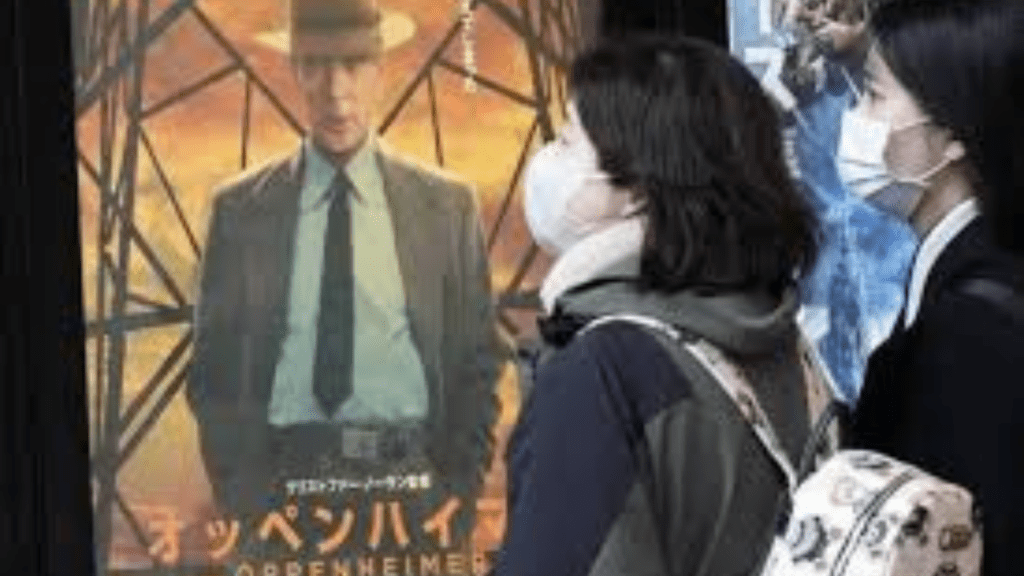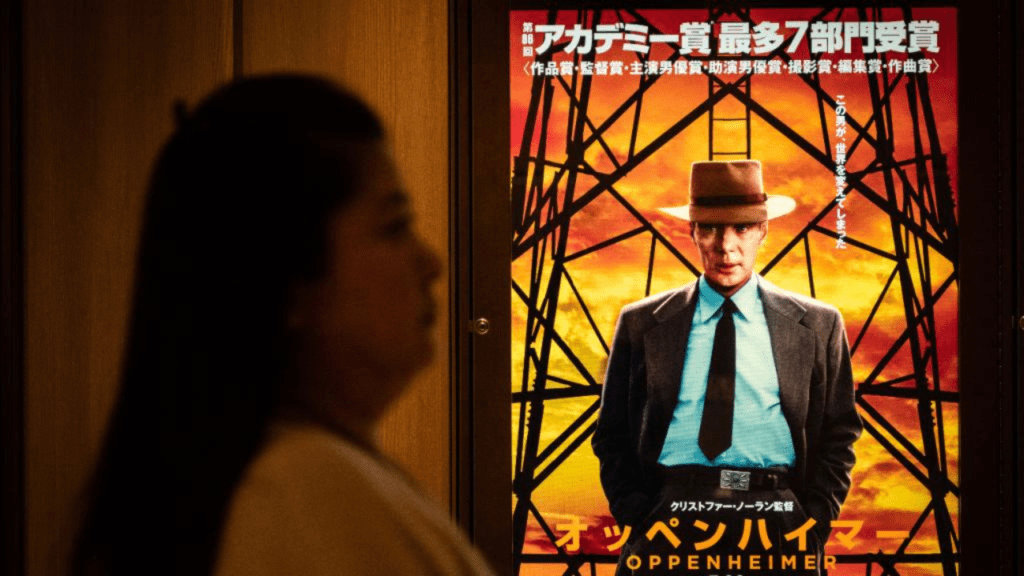After eight months of anticipation, “Oppenheimer” finally made its debut in Japan, a nation deeply scarred by the events of 79 years ago—the devastating nuclear bombings of Hiroshima and Nagasaki. The film’s arrival was met with a mix of excitement and apprehension due to the sensitive nature of its subject matter.
Emotional Responses on Oppenheimer
Japanese audiences, understandably, had highly emotional reactions to the film. Toshiyuki Mimaki, a survivor of the Hiroshima bombing, expressed his fascination with the story of J. Robert Oppenheimer, the scientist behind the atomic bomb. Mimaki, now the chairperson of a group representing bomb victims, had eagerly awaited the depiction of the Hiroshima bombing in the movie, only to find it omitted.
A Different Perspective
“Oppenheimer” chose not to directly portray the harrowing scenes of the bombings that claimed the lives of thousands in an instant, focusing instead on the internal conflicts of its titular character. While some praised this approach, others, like former Hiroshima Mayor Takashi Hiraoka, criticized it for not adequately depicting the horrors of nuclear warfare from Japan’s perspective.
Varied Opinions
Opinions among moviegoers were diverse. While some found the film gripping and emotionally resonant, others felt disappointed by its portrayal of Oppenheimer’s story without a clear anti-war stance. The film’s release also sparked controversy, such as the backlash against the “Barbenheimer” marketing campaign, which merged Barbie with Oppenheimer’s serious subject matter.

A Reflection of Change
Kazuhiro Maeshima, a professor specializing in US politics, viewed “Oppenheimer” as a reflection of a changing America, where the justification of nuclear weapons no longer dominates sentiments. However, he noted that some viewers may have expected a more overtly anti-war message. Nonetheless, the film’s portrayal of Oppenheimer’s inner turmoil marks a significant departure from past portrayals of nuclear history.
A Call for a Japanese Response
In light of “Oppenheimer’s” portrayal, some voices in Japan, like director Takashi Yamazaki, felt the need for a Japanese response to the story. Yamazaki, known for his film “Godzilla Minus One,” which tackles nuclear catastrophe, expressed his desire to create a movie from Japan’s perspective. This sentiment was echoed by Christopher Nolan, the director of “Oppenheimer.”
Acknowledging History
Lastly, it’s essential to acknowledge Japan’s own wartime atrocities, as noted by lawyer Hiroyuki Shinju. Despite being the victims of nuclear bombings, Japan and Germany also committed significant wartime actions. Shinju emphasized the importance of understanding history amidst the growing nuclear threat worldwide.
Conclusion
The premiere of “Oppenheimer” in Japan has sparked discussions and reflections on the portrayal of nuclear history in cinema. While the film’s approach has garnered both praise and criticism, it has undeniably reignited conversations about the past and the need for diverse perspectives in storytelling.























